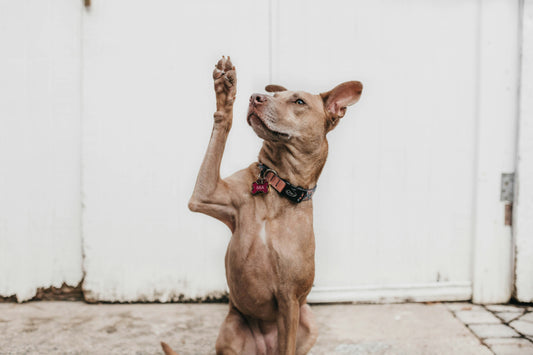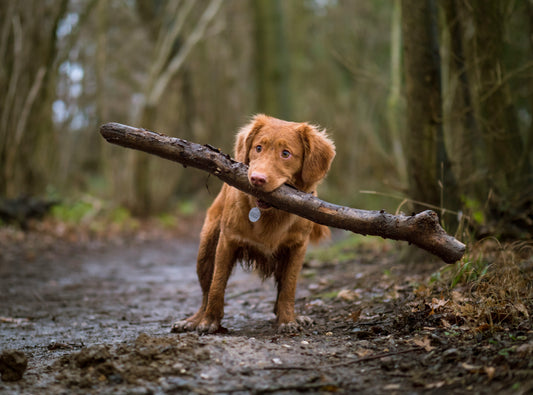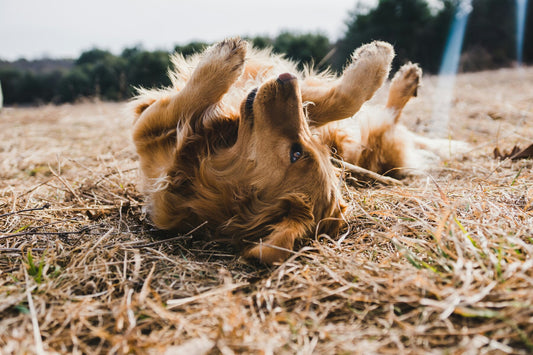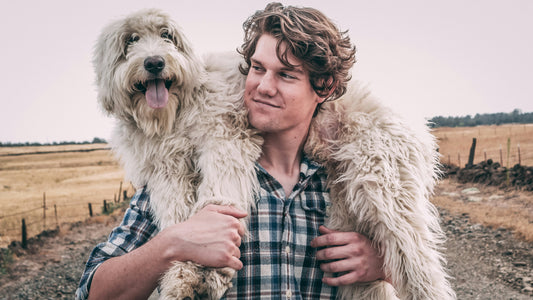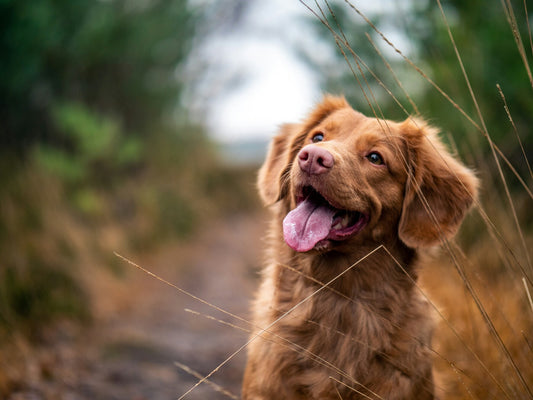Recognizing and Managing Dog Hernia: A Detailed Overview
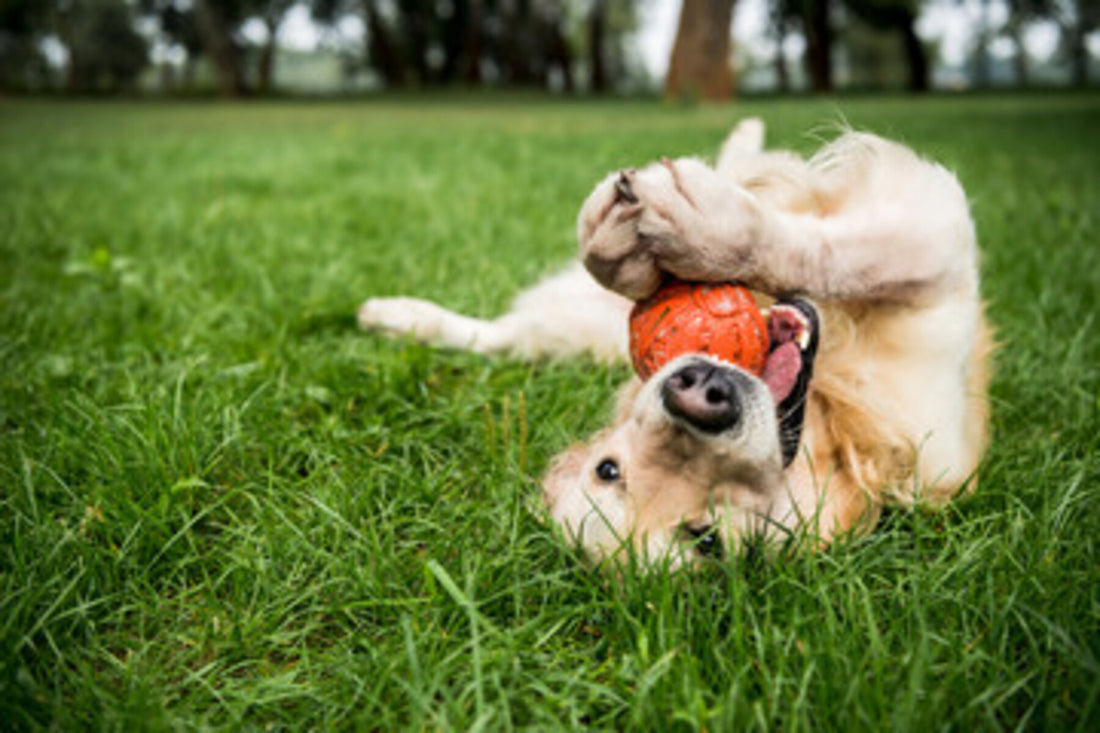
Every dog owner cherishes the moments of joy and companionship their furry friends bring. But what happens when our beloved pets face a health concern such as a hernia? In this article, you will learn all you need to know about dog hernia and how to effectively manage it.
What is a Hernia?
A hernia is a medical condition where an organ or fatty tissue protrudes through a weak point or tear in the surrounding muscle or connective tissue, known as the fascia. Think of it as a bulge that emerges in places it shouldn’t. In dogs, just like in humans, hernias can occur in various regions of the body, including the abdominal wall, chest cavity, and near the groin area.
But why do hernias occur? There can be several reasons. From congenital issues where the dog is born with a certain predisposition, to situations that arise due to trauma or injury. Understanding the different types of hernias is essential for identifying the right care and treatment.
Types of Hernias in Dogs
Inguinal Hernias
Located near the groin area, inguinal hernias manifest when abdominal contents, like part of the intestine, slip through the inguinal canal. Most common in female dogs, these hernias can either be congenital or develop later in life.
Symptoms you should look out for include swelling or a soft protrusion in the groin area, especially when your dog coughs or strains. While some of these hernias can be gently pushed back into place, never force it. Always consult a veterinarian for proper advice.
Umbilical Hernias
The term “umbilical hernia” might remind you of the belly button, and that’s exactly where this type of hernia occurs in dogs. These hernias result from the dog’s umbilical ring failing to close after birth, allowing abdominal contents to protrude. Often felt as a soft swelling at the belly button, these hernias can range from harmless and small to more severe, requiring surgical intervention.
Diaphragmatic Hernias
This is a more severe type of hernia, where organs move into the chest cavity due to a defect or injury in the diaphragm. Trauma is a common cause, such as a dog being hit by a car. Symptoms can be more pronounced, like difficulty breathing or rapid breaths, given the pressure on the lungs. Immediate veterinary attention is crucial for diaphragmatic or hiatal hernias.
Other Hernias
While the above are more common, dogs can also experience other types like perineal hernia, which occur near the dog’s rear, or hernias in the abdominal wall. These might be less frequent, but vigilance and timely medical attention are paramount for all hernia types.
Causes of Hernias in Dogs
Hernias in dogs can arise from various circumstances. Understanding the root cause is crucial for both treatment and prevention. Let’s look into the major culprits behind these protrusions.
Congenital vs. Acquired Hernias
Hernias can generally be classified into two broad categories: congenital and acquired.
- Congenital Hernias: These are hernias that a dog is born with. Just as some humans are born with conditions due to genetic predispositions, dogs too can inherit or develop these hernias in the womb. For instance, the umbilical hernia, which is observed around the belly button, often stems from a failure of the umbilical ring to close after birth.
- Acquired Hernias: These develop later in a dog’s life due to various external factors. Traumatic events, like accidents, can result in hernias such as the diaphragmatic type where organs move into the chest cavity. Another example includes perineal hernias which might develop due to excessive straining during defecation or a weakened pelvic diaphragm.
Factors That Increase the Risk of Hernias
Certain factors can increase your dog’s susceptibility to hernias:
- Age: As dogs age, their muscle tone can diminish, which might make them more susceptible to conditions like hernias.
- Breed Predisposition: Some breeds, due to their genetic makeup, are more prone to hernias than others. For instance, breeds with smushed faces, like Bulldogs, might be more susceptible to a hiatal hernia.
- Physical Trauma: Accidents, like being hit by a car or a bad fall, can lead to traumatic hernias.
- Previous Surgeries: Sometimes, post-operative complications or the site of an earlier surgery can become a weak point, leading to hernias.
- Pregnancy: Female dogs, especially those who have had multiple litters, may be at a higher risk for certain hernias due to the strain on their abdominal wall.
While some causes are beyond our control, awareness of the potential risks allows you to be proactive in your dog’s health and wellbeing. In the subsequent sections, we will focus on how to recognize these hernias early on and the steps to diagnose them effectively.
Recognizing Hernias in Dogs: Symptoms and Signs
Detecting a hernia in its early stages can make all the difference in ensuring your dog gets the right treatment promptly. While some hernias may not pose immediate danger, others can have dire consequences if not addressed. Here’s how you can recognize the signs and act promptly.
Physical Symptoms
- Visible Protrusion: This is the most apparent sign of a hernia. A bulge, especially one that changes size when the dog moves, coughs, or strains, should be of concern.
- Swelling: Not every hernia causes a distinct bulge. Sometimes, there’s just a subtle swelling, especially in cases like the inguinal hernia.
- Discoloration: If the hernia becomes strangulated, meaning the blood supply is cut off, the skin over it may turn reddish or dark.
Behavioral Symptoms
- Pain: If your dog is visibly in pain, whining, or acting more agitated when you touch a particular area, it might be due to a hernia.
- Loss of Appetite: Hernias, especially those affecting the abdominal area, can cause discomfort that diminishes your dog’s appetite.
- Lethargy: A sudden drop in energy or an unusual lack of enthusiasm for activities they once enjoyed can be a red flag.
When to Consult a Veterinarian
- Immediate Concerns: If you observe symptoms like rapid breathing, extreme pain, or vomiting, you should seek veterinary care right away. These could indicate a severe condition like a diaphragmatic hernia or a strangulated hernia.
- Chronic Symptoms: Even if the symptoms are mild but persistent, it’s wise to get a professional opinion. Sometimes, what appears to be a minor issue can escalate if not addressed.
In the end, you know your dog better than anyone else. Trust your instincts. If something feels off, it probably is. Early recognition and intervention can make the treatment process smoother and ensure your furry friend remains in high spirits.
Diagnosing Hernias
Recognizing a hernia early and getting an accurate diagnosis is vital for your dog’s health. The initial assessment begins with a veterinarian conducting a thorough physical examination, feeling the suspected area for any unusual protrusions or reactions from your dog.
If a hernia is suspected, further diagnostics, such as X-rays or ultrasound, might be deployed. These imaging techniques provide a clearer picture of the hernia’s location and severity, crucial for determining the best treatment plan. Always remember, when in doubt about your dog’s health, a vet’s expertise will guide you to the right course of action.
Treatment and Management
The approach to treating a hernia in your dog depends on its type, location, and severity. The treatment must be tailored the treatment to your dog’s unique needs to ensure a swift and efficient recovery.
Surgical Treatments
In many cases, especially when the hernia poses a risk of complications, surgery is the solution. The procedure generally involves returning the displaced organs to their original position and repairing the opening or weakness causing the hernia.
After surgery, it’s crucial to closely follow post-operative care guidelines. This might include restricted movement for your pet, pain management, and periodic check-ups to monitor the healing process.
Non-surgical Management
Not every hernia demands surgery. Some, especially minor ones, might be managed by monitoring the hernia over time to ensure it doesn’t worsen. In these scenarios, supportive care products and supplements can play a pivotal role. They can boost your dog’s overall health, potentially reducing the risk of hernia-related complications.
Quality Supplements and Their Role
Nutritional supplements can be of great help, especially during the post-operative phase or as part of the non-surgical management strategy. They promote overall wellness, boost the immune system, and support tissue repair.
When choosing supplements, it’s vital to opt for quality products that cater specifically to canine needs. Always discuss any supplements with your vet to ensure they’re appropriate and beneficial for your dog’s specific condition.
Remember, whether you’re opting for surgical or non-surgical treatments, your vet’s guidance is paramount. It ensures that your dog gets the best care tailored to their unique situation.
Prevention and Care
Keeping your dog healthy and active is the first step in minimizing hernia risks. Safe exercises and avoiding strenuous activities can prevent injuries that might lead to hernias.
Diet is integral to prevention. A balanced diet ensures a healthy weight, reducing strain on the abdominal wall and potential hernia risks.
Regular veterinary check-ups are indispensable. Early detection during these visits can thwart potential complications, keeping your dog in optimal health.
Conclusion
Navigating the intricacies of hernias in dogs can seem daunting, but with knowledge and proactive care, you can ensure your canine companion’s wellness. From recognizing the early signs to understanding treatment options, being informed is the key to managing this health challenge effectively.
At Bando, we recognize the importance of top-notch care for your dog. Our dedication to quality is reflected in our range of care products and supplements, specifically curated to support your pet’s health needs.
Whether you’re on the lookout for post-operative care or preventive supplements, we’ve got you covered. You can explore our catalog and reach out to our team of experts for assistance. Together, we’ll ensure your pet thrives.

